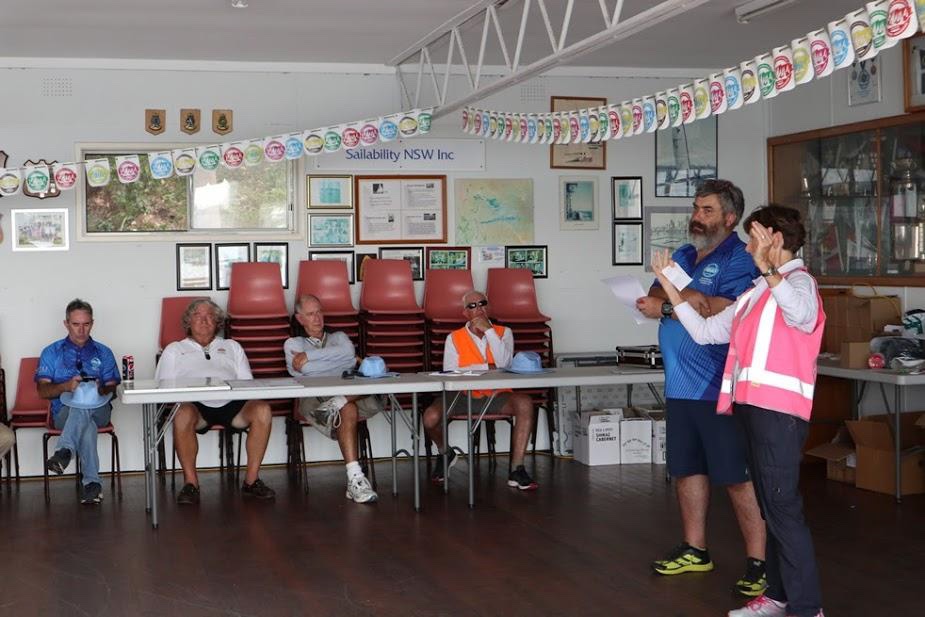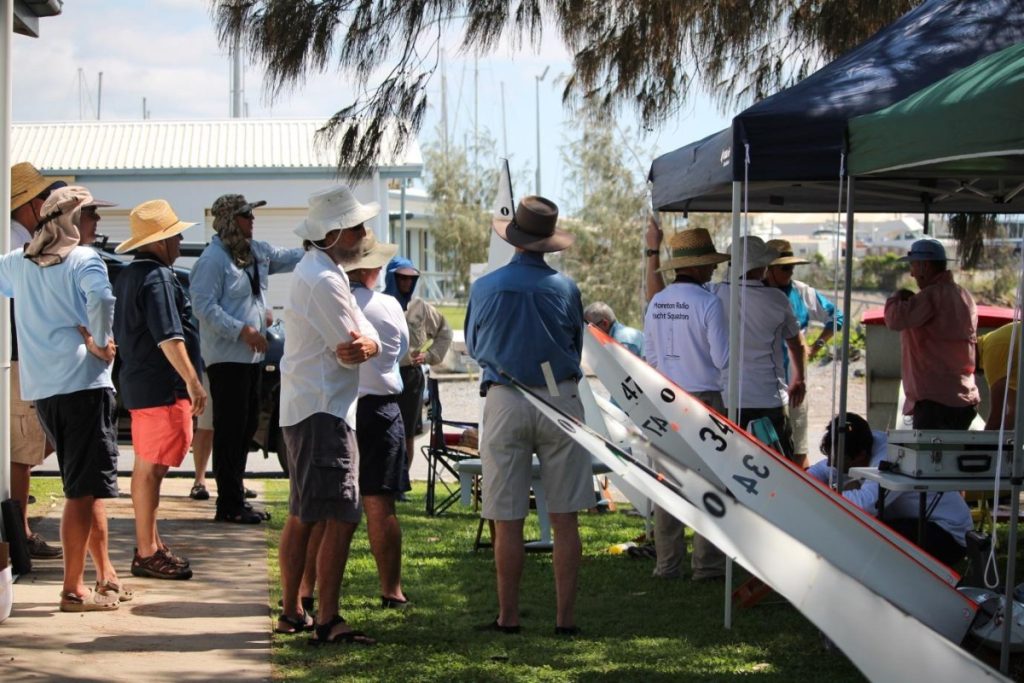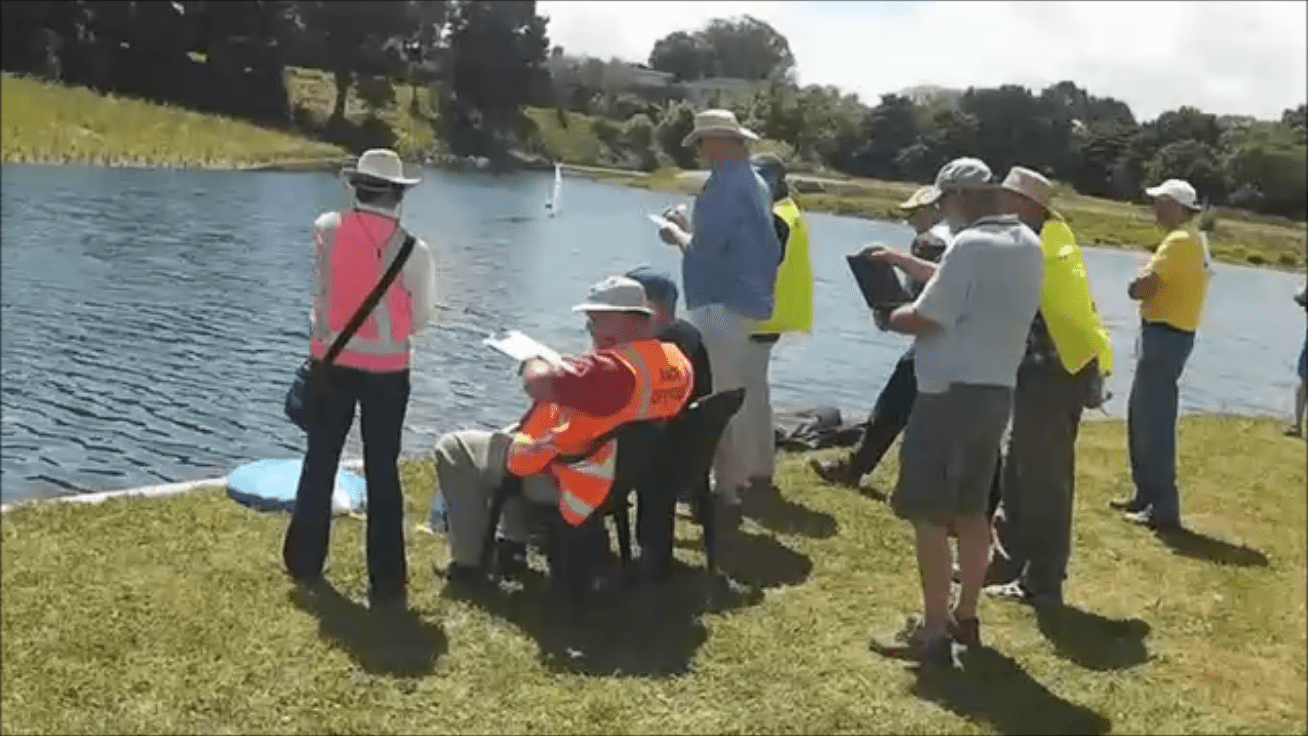1. OBJECTIVE
- After completing this module, you will have a sound understanding of what information is required to be delivered at a skippers briefing as well as how to structure the meeting. In addition, you will know what to consider when making announcements during the regatta.
- After completing this module, you should have a clear understanding of the overall role of the Race Officer, the Race Committee and the Protest Committee.
2. REFERENCES
For this module, you will need access to the current versions of the following references:
- Racing Rules of Sailing 2021 – 2024 (RRS)
- NZRYA Race Management Manual (NZRYA RMM)
- NZRYA Standard Sailing Instructions (NZRYA SSI)
3. SUGGESTED READINGS
You should read the following and any other section to aid your understanding for this module:
- NZRYA Race Management Manual:
- Race Officer Job Description
- 3 Briefing
- Race Officer Job Description
- Racing Rules of Sailing
- Part 7: Race Organization
- 86 Changes to the Racing Rules
- Part 7: Race Organization
- NZRYA Standard Sailing Instructions
- 3. Changes to Sailing Instructions
4. BRIEFING
A list of the information to be presented to the competitors at the skippers briefing can be found in the NZRYA Race Management Manual. The list is in Race Officers Job Description, Section 3. Please read this section.
The skippers briefing is the first time you will present yourself to the skippers at the regatta, and early impressions are formed. If you come across as organised, prepared and on the ball, the impression will be that you know what you are doing, and a level of respect will commence.
Alternatively, if you bumble your way through a disorganised meeting, the skippers will develop a negative attitude towards you. Clearly, it is preferable to get the regatta off to a good start.

5. MANAGE AN EFFICIENT MEETING
- Make notes of the topics to be covered during the meeting prior to the briefing, using the guide in the Race Management Manual.
- Keep the meeting short and sharp.
- You are not required to explain all the rules to the skippers. It is their responsibility to understand and abide by the rules.
- You may decide to explain the course to the skippers, but ensure that the course board explains itself.
- These announcements are very important:
- the time of the first race,
- the time to be allowed once “boats in the water” has been called, and
- the time before racing re-commences following a postponement
- Make sure you are clear about them, and make every attempt to run the regatta on time.
Remember that the skippers want to get on with the sailing, so it is important not to allow the meeting to drag on.
6. SAMPLE BRIEFING NOTES
Following is a sample of briefing notes:
- Welcome
- Acknowledge sponsors
- Administration
- Location of Race Headquarters, Notice Board, Fleet Board, Course Board
- Location of Sailing Instructions
- Housekeeping – facilities
- Sailing Information
- Sound signals
- Staging area, Launching area, Control area
- Course
- Starting procedure
- Alternative penalties, including Race Officer awarded penalties for conduct
- Considerations regarding the postponement of racing
- Boats retiring to notify Race Committee
- Race Officials
- Introduce Officials, Scorer, Observers and Boat drivers
- Competitor duty as Observers
- Weather forecast
- Sailing Times
- Time until first race commences

7. ANNOUNCEMENT DURING THE REGATTA
During the regatta, there will be times when you need to address the skipper group. These include:
- advising a change to the Sailing Instructions
- advising when racing will commence – either at the start of a day, or after a postponement
- advising that the countdown tape will commence
- announcing the boats scheduled to start in the next heat or race
- advising of course changes
- advising the fleet has been resized
- advising that the Time Out Limit has expired
- announcing a postponement or abandonment of racing
- advising of an additional skippers briefing
- advise the close of sailing for the day.
Consider making a sound signal with a whistle prior to making the announcement, so that skippers are aware of the fact an announcement is about to occur.
Ensure that the volume of your announcements is such that they could reasonably be expected to be heard. Remember that some older skippers who may require hearing aids will have trouble hearing, especially in the wind, which can adversely affect the function of the hearing aids.
The use of a sound amplification device when possible will make your task easier – this may be a microphone and speaker system, a megaphone or similar.

END OF MODULE 3.

